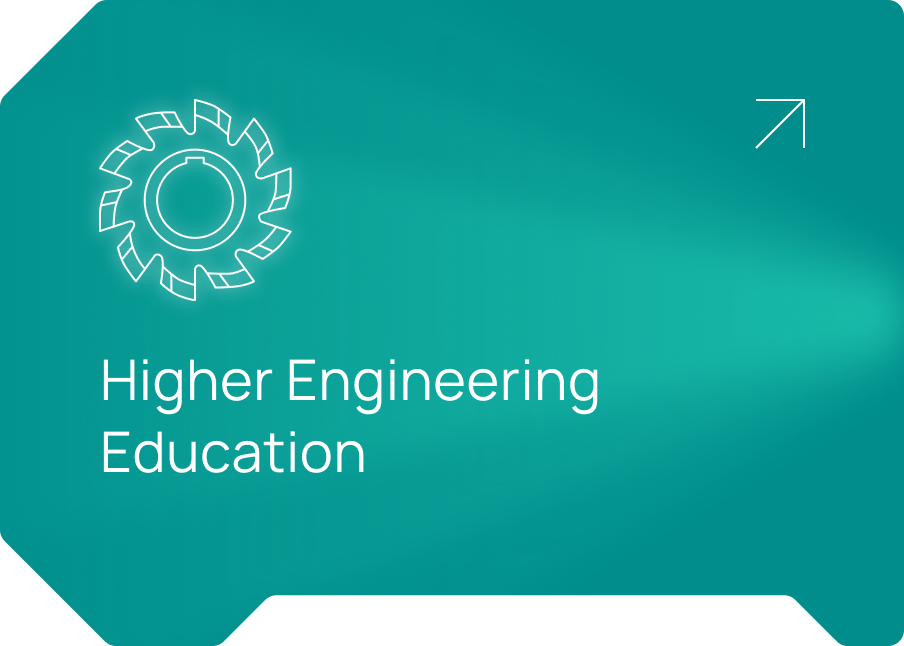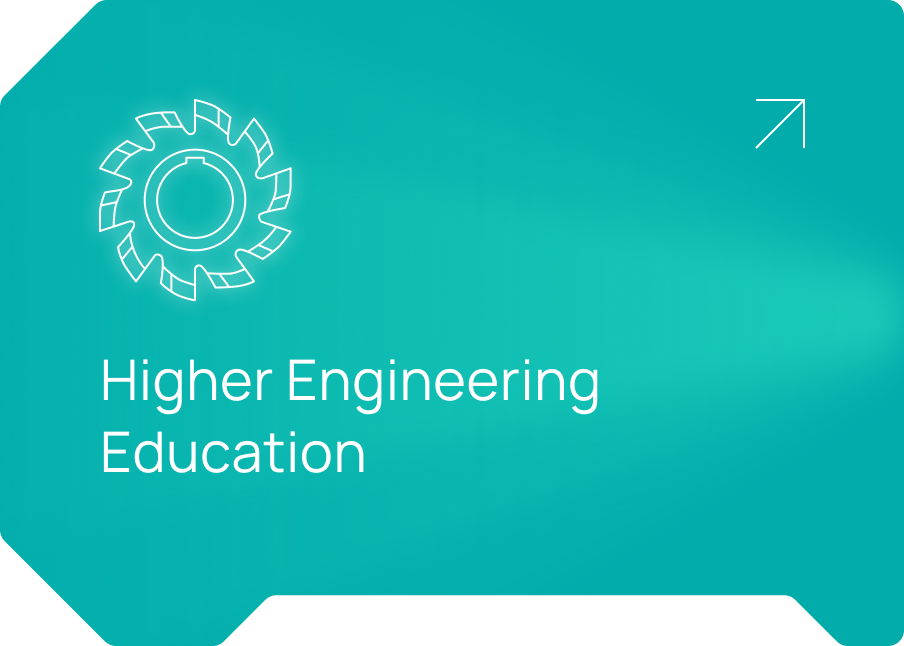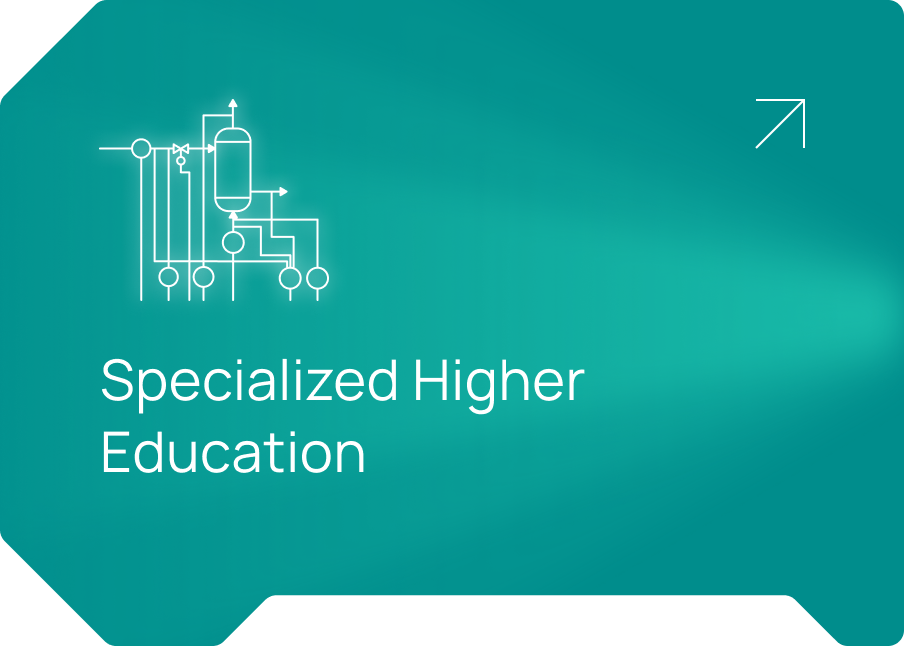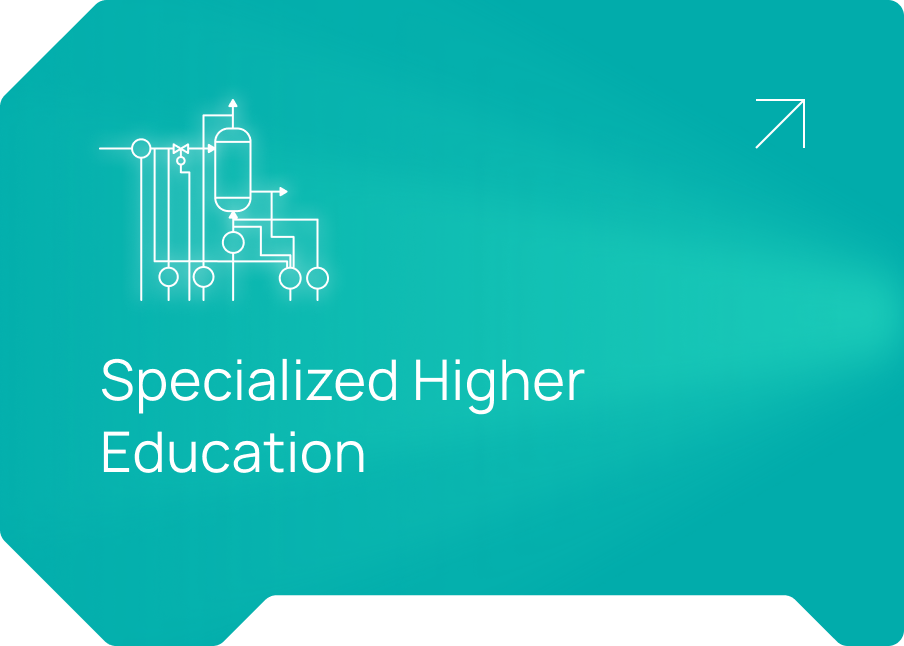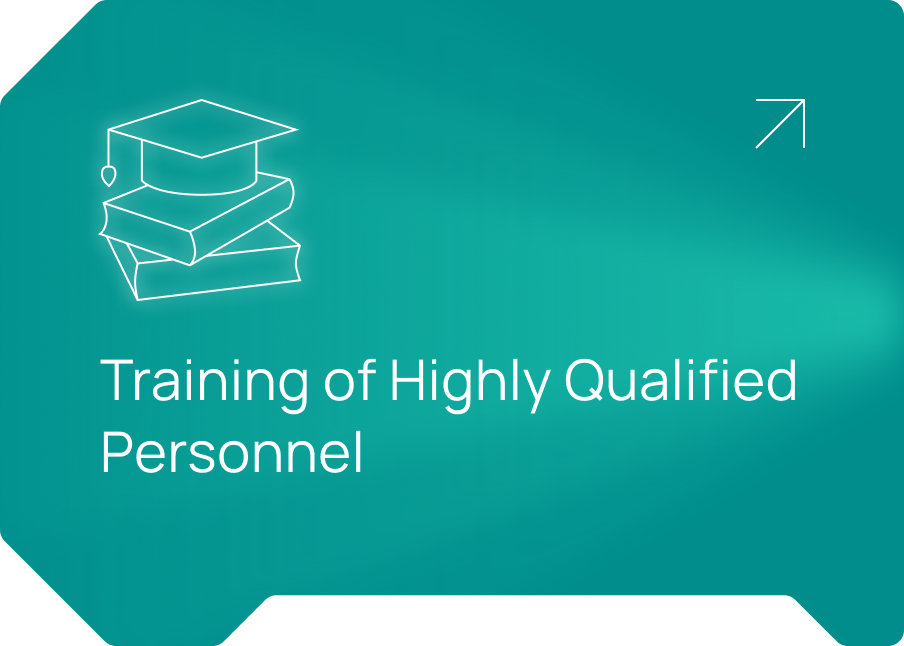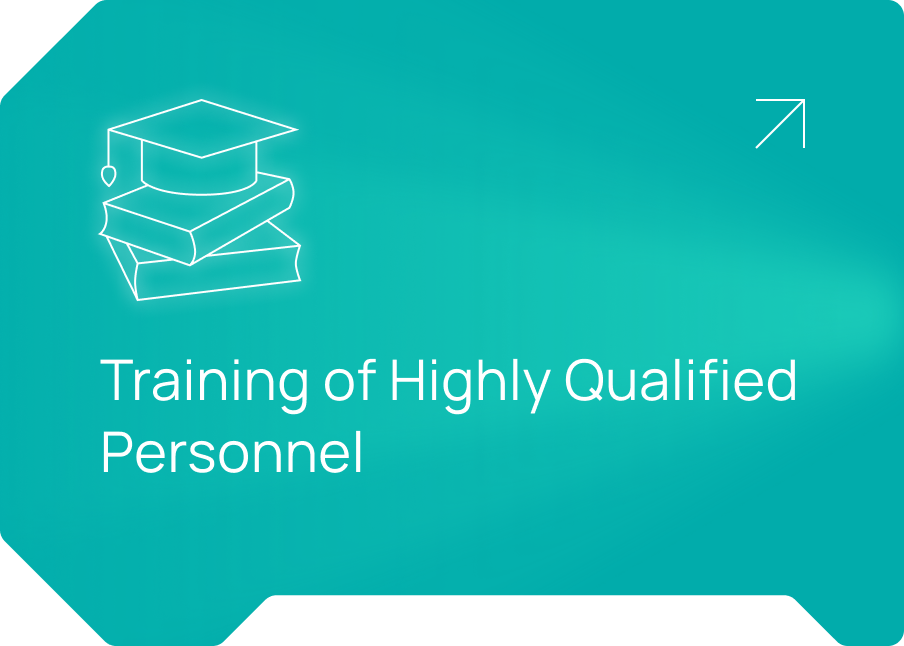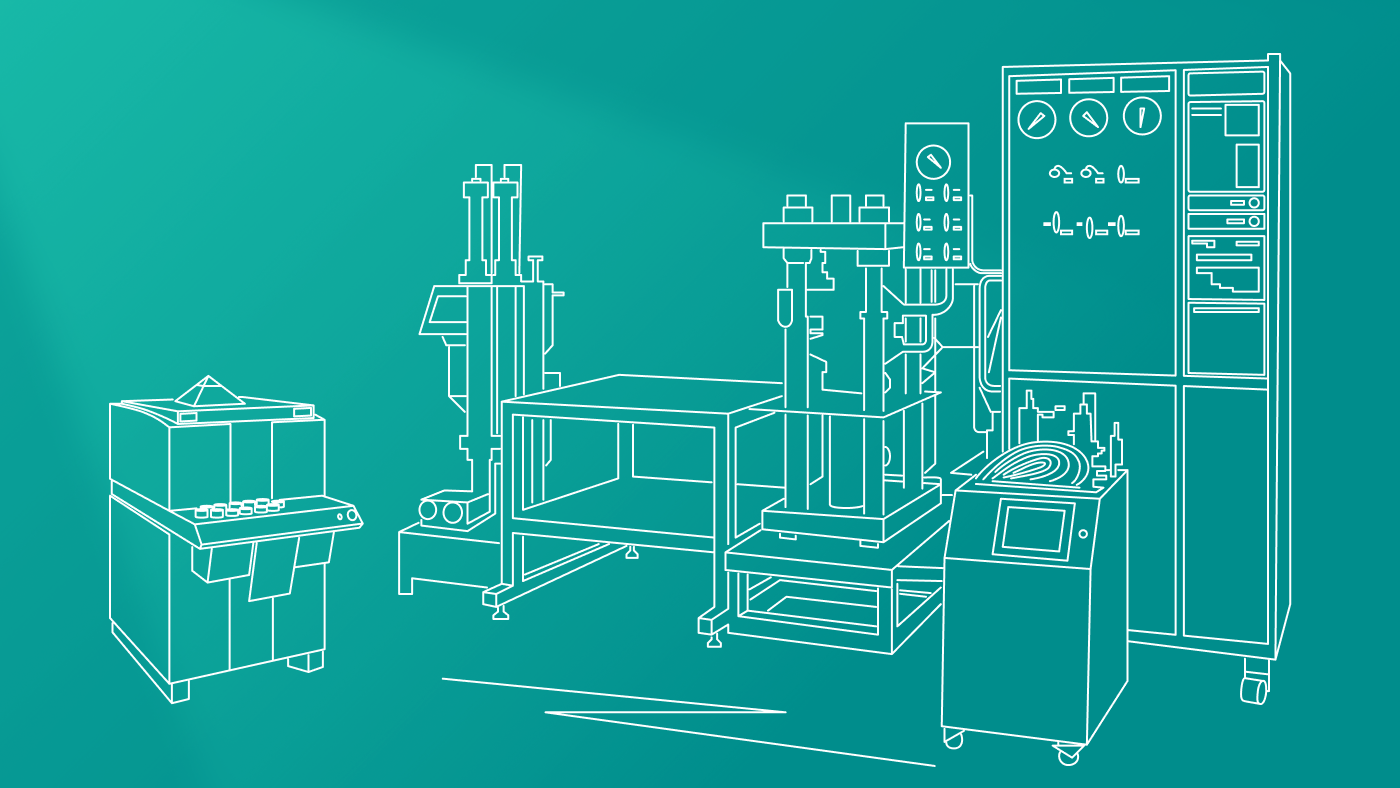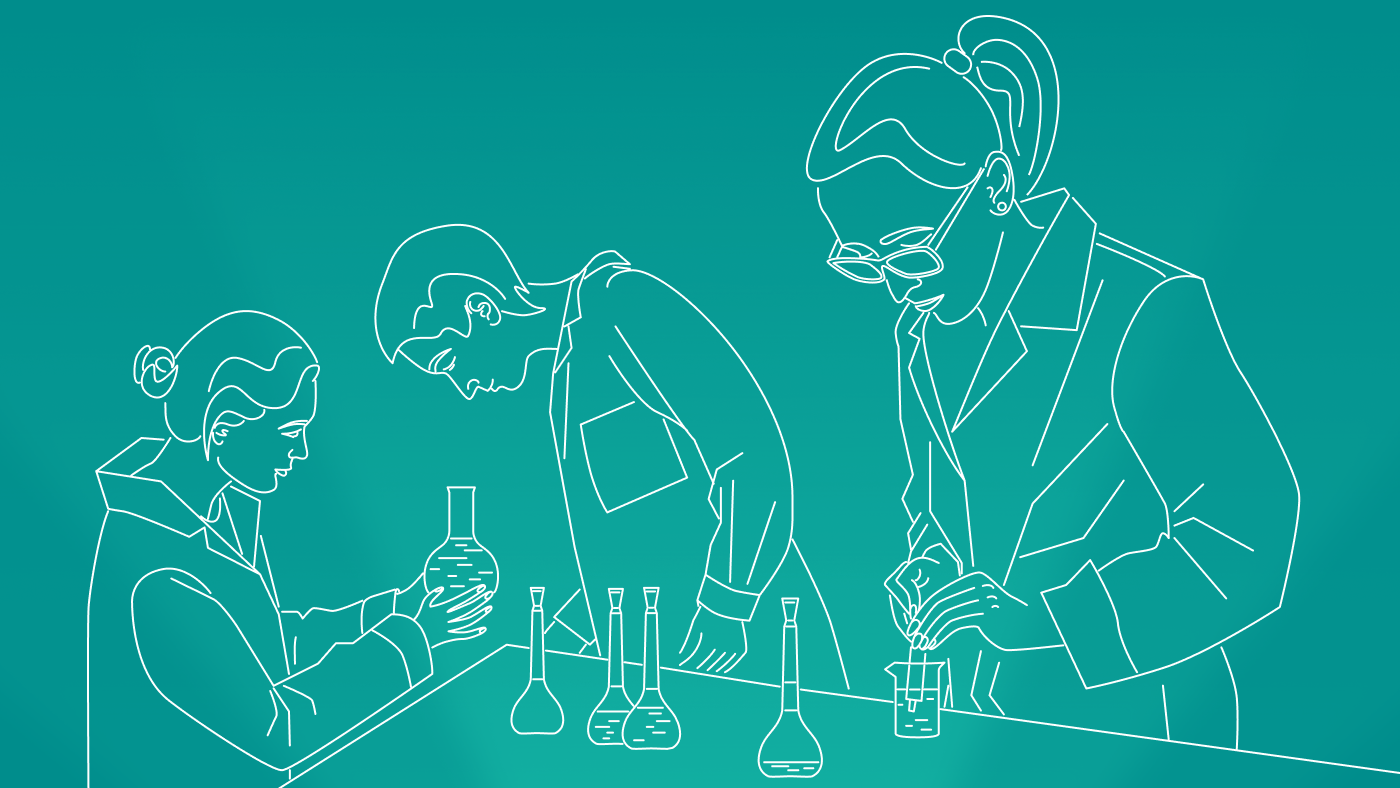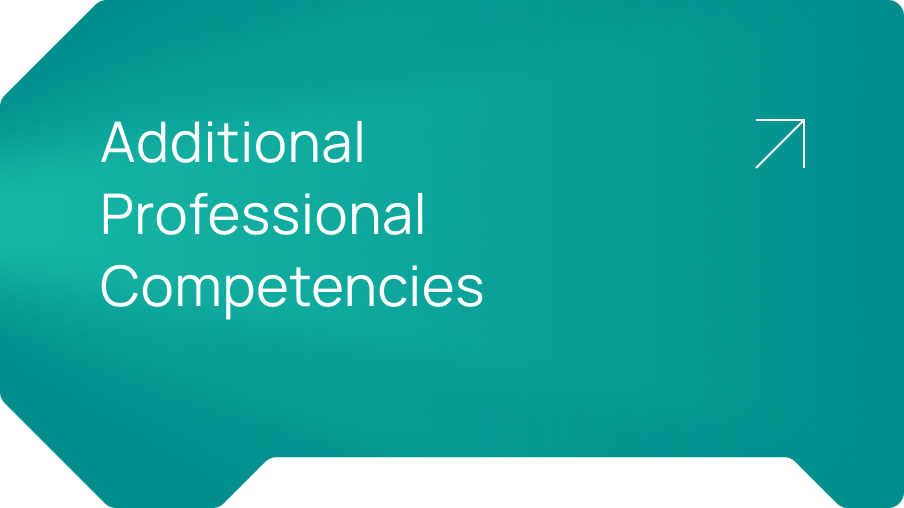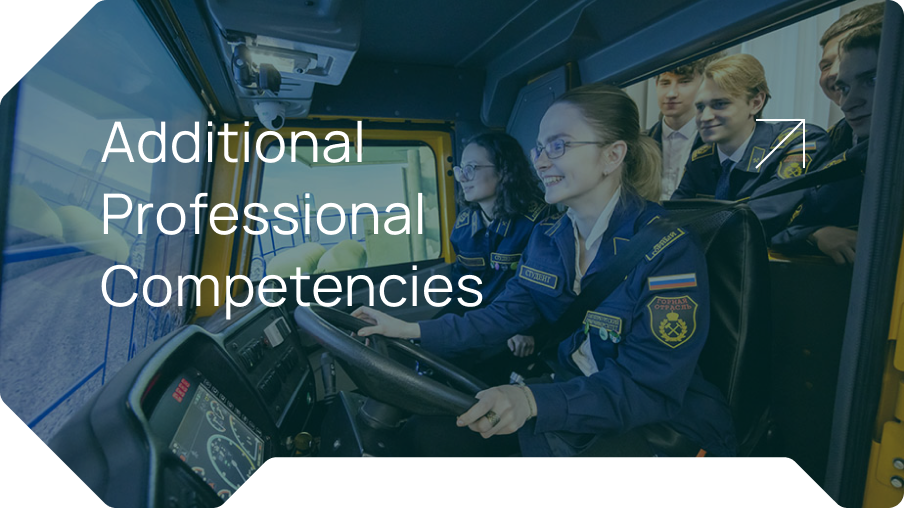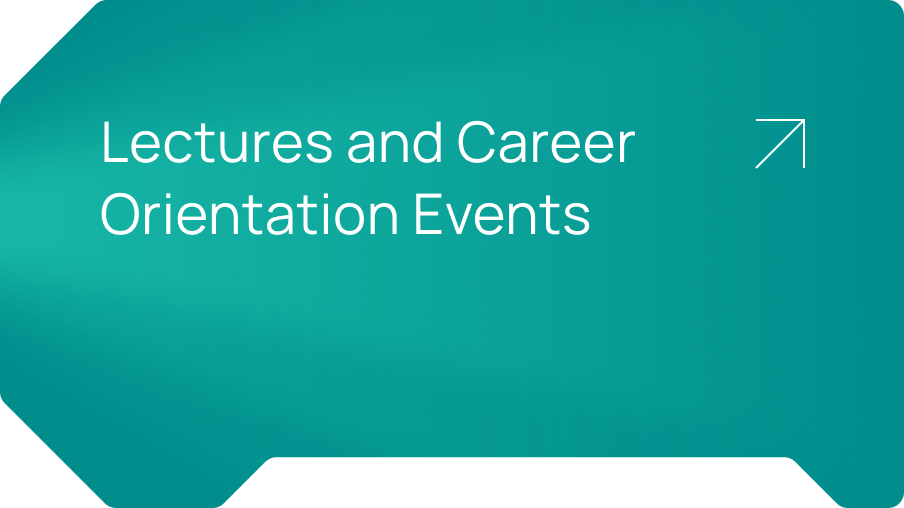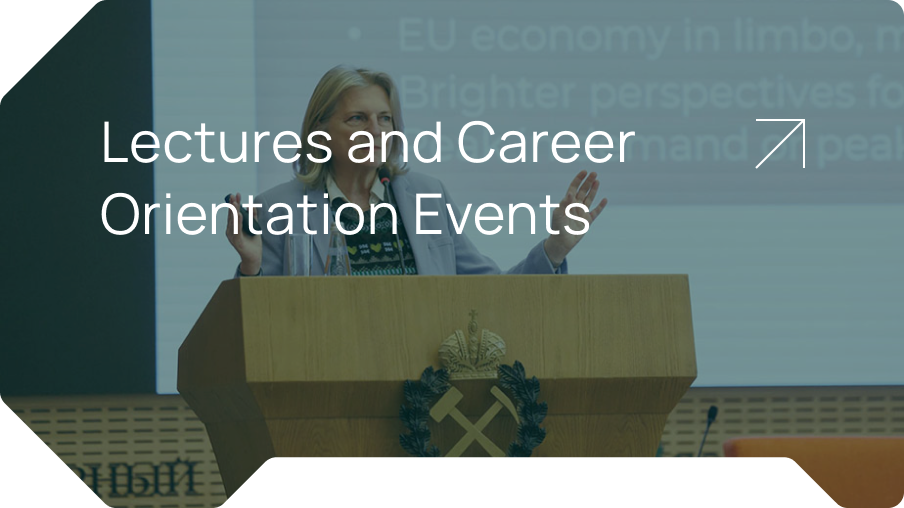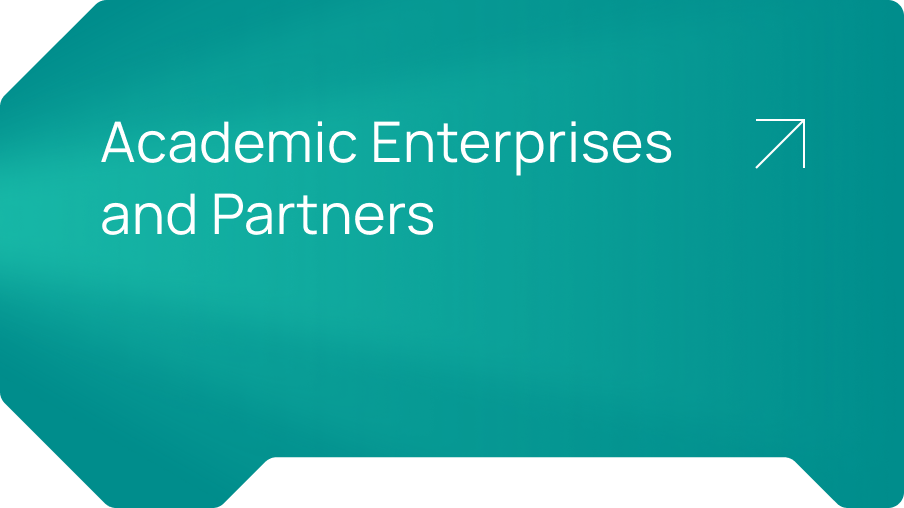


Frequently asked questions
1. How does "Higher Engineering Education" differ from a two-level education system?

Higher engineering education is a fundamental, in-depth study of basic general education, general technical, and specialized disciplines, reinforced by sufficient practical skills and production experience in the professional field. It also involves systematic work on motivating students to pursue careers in their chosen specialties after graduation.
The bachelor’s program provides general, theoretical knowledge of disciplines without deep practical reinforcement. A master’s degree is a two-year post-graduate program aimed at independent research activities.
Essentially, higher engineering education takes a completely different approach to shaping students' worldview during their studies, transitioning from digital to analog thinking. This worldview equips graduates with an organized, meaningful, and goal-oriented approach to their careers in their chosen specialties.
2. How is the educational program structured?

The set of general education and general technical disciplines is unified for all specialties, and all are taught according to standardized programs in the Institute of Basic Engineering Education at one of the university's campuses over four semesters. Afterward, students receive a "Certificate of Completion of Basic Engineering Education," granting them the right to change their specialty or even their university within the same major, if desired.
Starting in the fifth semester, students study general engineering and specialized disciplines based on their chosen specialty. Switching to a different specialty within the broader field is possible until the end of the sixth semester.
Skills developed in practical application of lecture materials are reinforced in university laboratories during the academic year and through training practices conducted before the final exams for the subject. Personal production experience is gained through:
- Working professions (at least two): 2-3 years of training.
- Additional professional competencies (at least eight): 70+ hours.
- Technological experience in companies (our academic partners and at the university’s own training grounds): up to 24 weeks.
- Pre-graduation production practice (after the 5th year for engineering specialties): at least 16 weeks.
- Professional accreditation of engineering skills in companies (academic partners as "Engineering Interns" during the 6th year, leading up to the defense of the final project): 4-8 weeks.
3. How is the educational process organized?

Classroom sessions - lectures and practicals - consist of 13 pairs per week. Laboratory, independent, elective, and interdisciplinary classes are held additionally and scheduled by the student, with access granted through electronic sign-up. Physical education, particularly cardio sports under the supervision of trainers, is mandatory daily or every other day at the university's sports complex throughout the entire study period.
Each student has a personal academic advisor, responsible for organizing and structuring their studies across all subjects and practices. Students are granted at least six weeks of vacation per academic year. Attendance and mastery of all competencies are mandatory for everyone.
4. What document does the graduate receive?

Graduates receive a diploma of completion for the Higher Engineering Education program, stating their title as engineer, mining engineer, or another engineering qualification, with the specific specialty mentioned.
Additionally, graduates will be provided with a character reference, listing all achievements and qualifications obtained, including work-related, specialized, and additional professional competencies, with a QR code.
A second diploma, "Engineer-Researcher," will be awarded to those who complete an independent research project, obtain results, and defend them before the Academic Council. Approximately 2-8% of graduates achieve this.
5. What document regulates the relationship between the student and the university?

It is the contract for education under the Higher Engineering Education program for the specific specialty, which is signed with each student upon enrollment by order.
The contract details the rights and responsibilities of both parties, including:
- Relationships regarding the educational program;
- Provision of dormitory accommodation;
- Excerpts from the internal regulations;
- The student’s social package;
- Payment terms for participation in the program.
6. How is the financing of student expenses enrolled through an open competition ensured?

The Mining University is currently the only technical university implementing the Pilot Project "Improvement of Higher Engineering Education in Russia," following a Presidential Decree. The project, now in its second year, modernizes the university's entire educational system from pre-university preparation to the final goal—training real specialists with a professional worldview, allowing graduates to have an organized, meaningful, and goal-oriented approach to work in industry.
All costs associated with tuition are analyzed and will be presented to the Ministry and Government for a planned review of higher education financing in Russia. The actual costs incurred by our university far exceed the approved norms of budgetary financing. These include comprehensive costs for production practices and significant sums for developing and maintaining high-tech training grounds, where students gain up to 20 weeks of experience throughout their studies, and improvements in the university's scientific, educational, and social environments, comparable to the best global universities.
Thus, the Ministry covers 30-50% of the actual costs, depending on the specialty, with the remaining co-financing provided by the university from the funds it generates, primarily from scientific and engineering activities.
The university is a budgetary institution. All students enrolled through open competition are fully funded by the university, using both budgetary and self-generated funds, covering 100% of their tuition throughout their studies. If a student wishes to transfer to another university (possible after the first academic year), the certificate will state that the student was studying at the expense of public funds, as indicated in the educational contract.
Students enrolled in programs beyond the allocated budget-funded slots pay for their education independently, or their organization (company) may cover the cost. The university partially compensates the costs for this category as well. These conditions are publicly reflected in the university's regulatory documents.
7. Can a student change their study profile?

Yes! Students who study diligently, participate in the university’s social life, and behave appropriately in the community during the first four semesters may change their profile within the related specialties after the 5th-6th semesters.


